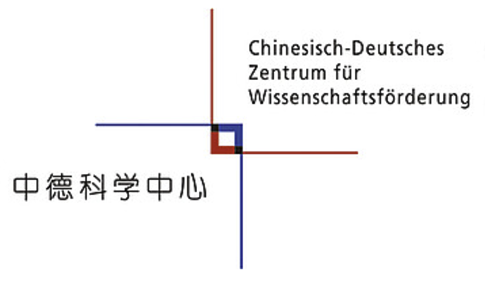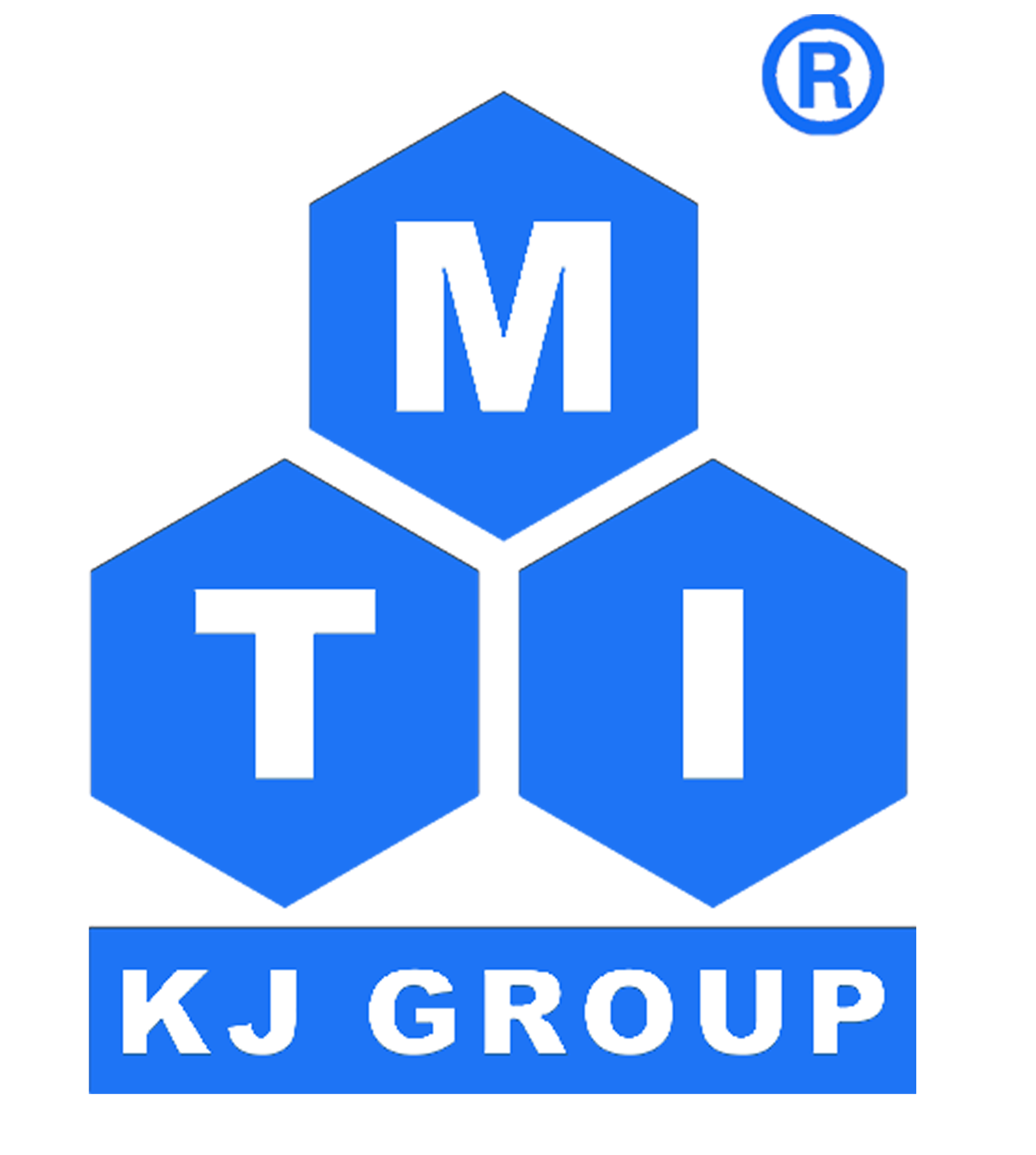Yunwei Zhang1*
1Department of Physics, Sun Yat-sen University, Guangzhou, China
*Corresponding Author: zhangyunw@email.sysu.edu.cn
Forecasting the state of health and remaining useful life of Li-ion batteries is an unsolved challenge that limits technologies such as consumer electronics and electric vehicles. Here, we build an accurate battery forecasting system by combining electrochemical impedance spectroscopy (EIS)—a real-time, non-invasive and information-rich measurement that is hitherto underused in battery diagnosis—with machine learning method. The models are trained on an established open-source electrochemical impedance spectroscopy (EIS) database [1], including over 20,000 EIS spectra of commercial lithium-ion batteries collected at different states of health, states of charge and temperatures. Our models take the entire spectrum as input, without further feature engineering, and automatically determines which spectral features predict degradation. Our models accurately predict the remaining useful life, even without complete knowledge of past operating conditions of the battery. Our results demonstrate the value of EIS signals in battery management systems.
Keywords: Machine Learning, Battery Health Prediction, Battery Degradation, Battery Diagnosis.
References
1. Yunwei Zhang, Qiaochu Tang, Ulrich Stimming*, Alpha Lee*, “Identifying degradation patterns of Li-ion batteries from impedance spectroscopy using machine learning ”, Nature Comms. 11 (1), 1-6 (2020)
2. Zhihang Liu, Yi Sun, Yutian Li, Yuyang Liu, Yue Chen, Yunwei Zhang*, “Lithium-ion battery health prognosis via electrochemical impedance spectroscopy using CNN-BiLSTM model”. J Mater. Inf., 4.2 (2024).
3. Bio (with a personal photo):A brief introduction (150-300 words) of the speaker, including but not limited to, affiliation, contact information, education/research background, and recent research interest. The Bio information will be used in the abstract book and the workshop website.
Dr. Runhai Ouyang (DCTMD2024@163.com)












